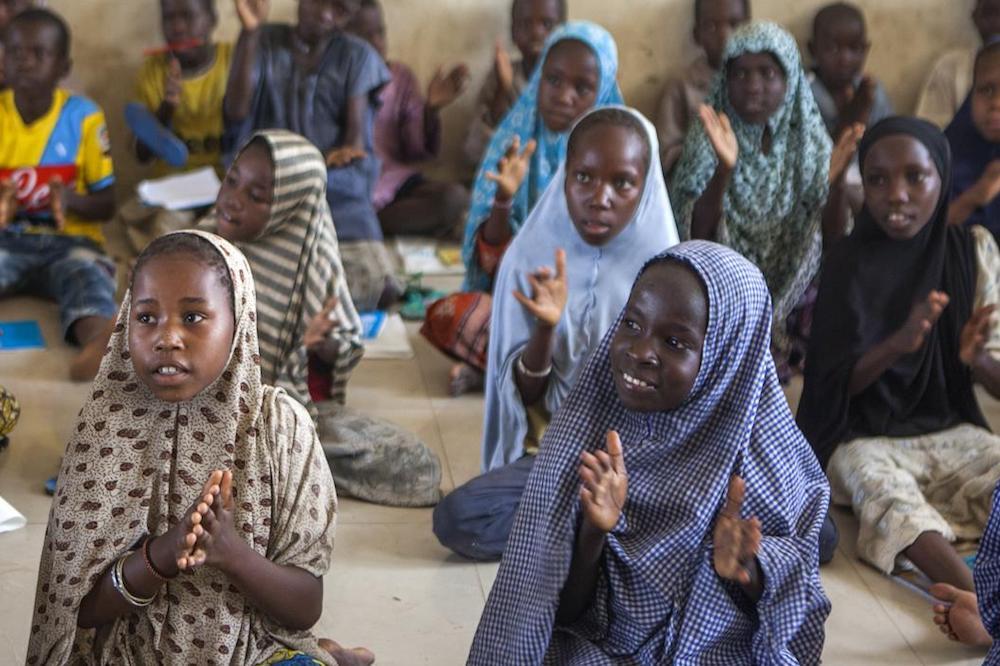
Caked in dust, Bangladeshi children who sell coal to help their families
Child labour
A young boy – his face and body covered in dust – works for a living at a brickmaking field in Bangladesh.
He doesn’t make the bricks. He collects coal, used to fire the kilns, and sells it for about $4 per a week to help the family budget.
Despite the hazardous effects of dust on their health, there are many children who collect coal at this field in the capital Dhaka and others like it across the country.
Child labour is a massive problem in Bangladesh. There are 3.2 million child labourers aged five to 17 – a million of them between 10 and 14 – according to UNICEF, the United Nations children’s agency
About half of all child labourers do not go to school at all – many others miss out on big chunks of their education because they do not have time to attend classes or study at home.
“Families struggle to survive every day and need to find resources for one or two meals a day,” child rights activist Marist Brother Cesar Henriquez told UCANews.
“Any kind of work, no matter how low the pay, is needed to cover their basic needs.”
Bangladesh had set a target of eradicating hazardous child labour by 2015 and all forms by 2016. The government is now aiming to end the practice by 2019.
“We are accepting the fact that we have failed to fulfil our promise to remove child labour – but we are hopeful to achieve the target within 2019,” said Abul Kashem Masud, joint secretary to the Labour Ministry.
A report published in December by the Bangladesh Bureau of Statistics (BBS) found that most children – 1.4 million of them – employed in hazardous jobs are in Dhaka, the centre of the country’s economic activities.
The report also found that child labour mainly exists in five sectors – transport; warehousing, wholesale and retail business; vehicle repairing; construction; and mineral. Another third of the total child labour force is in the agriculture, forest and fisheries sectors.
Most children who drop out of school do so because their families cannot afford the cost of education, the report found.
Education Minister Nurul Islam Nahid told the Dhaka Tribune the government had ensured almost 100% of children in the country are enrolled in school.
But he admitted many drop out before completing primary education and start working.
“We are conducting various activities to bring back children to school,” he added. “We have arranged financial benefits alongside food at school for children from poor families. We have also made arrangements for educating street children.”
In pictures: Child labourers making clothes in squalid Bangladesh factories.
More news

